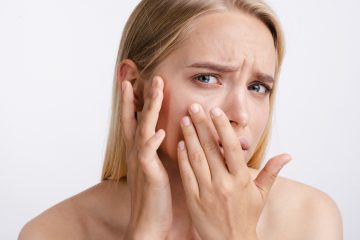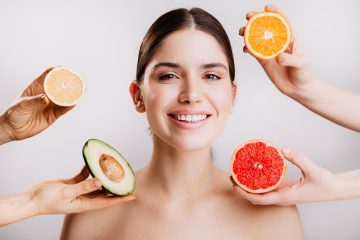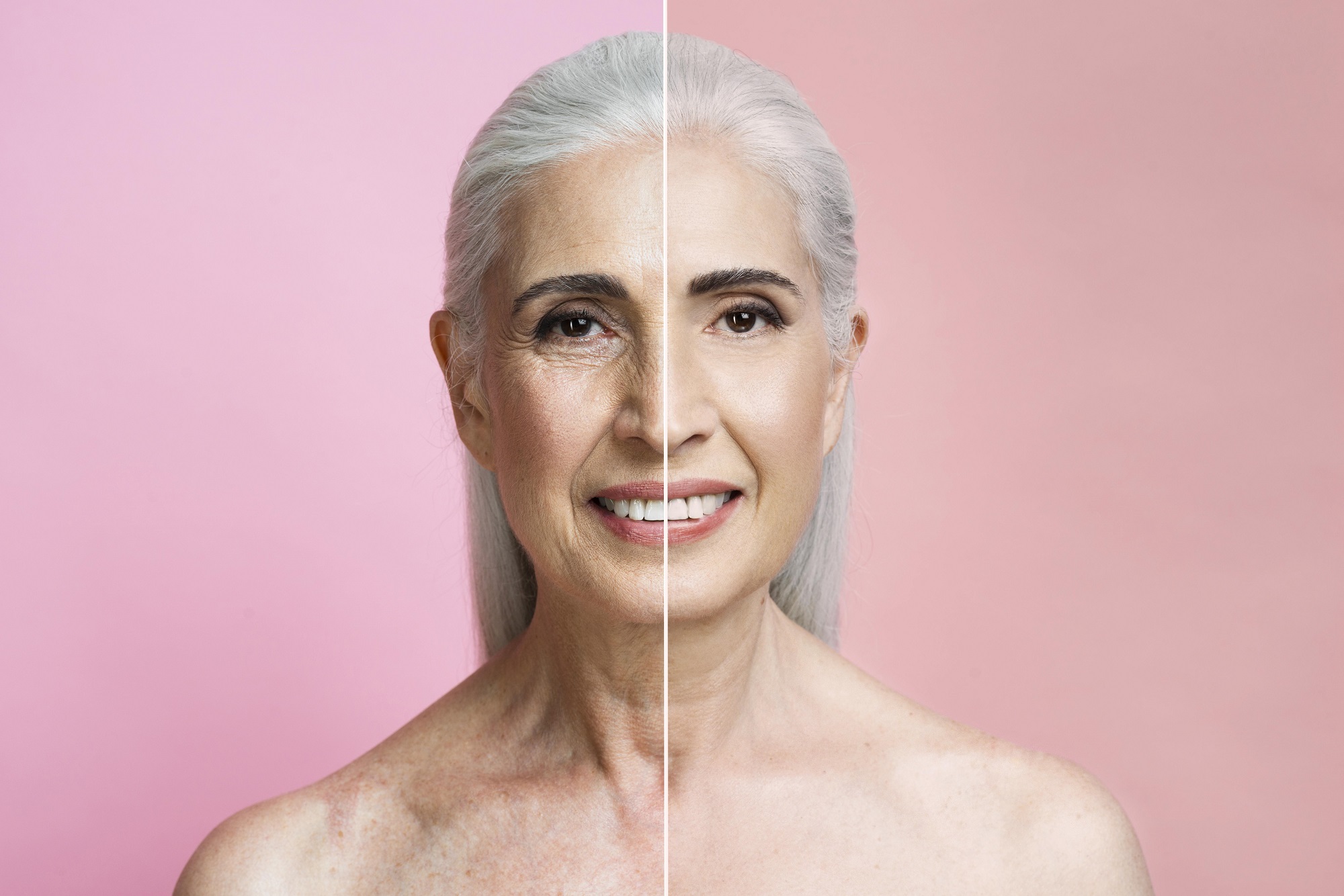Glycation is a biological process in which sugar molecules bind to proteins and lipids in your body, resulting in harmful compounds called Advanced Glycation End-products (AGEs). This process plays a key role in accelerating aging, particularly by affecting the skin’s appearance and health.
While the creation of AGEs is a natural part of metabolism, excessive sugar consumption significantly increases their formation. High sugar intake reduces the body’s ability to detoxify AGEs, leading to their accumulation. This build-up damages collagen and elastin, which are proteins crucial for skin elasticity, and causes premature aging, issues that treatments like a chemical peel can help address by rejuvenating the skin’s appearance.
AGEs disrupt normal cellular function by altering the structure and function of proteins. This can lead to skin stiffness and a loss of youthful resilience. Reducing sugar intake may help slow the glycation process. This supports healthier, younger-looking skin.
The Role of Glycation in Aging: What You Need to Know
The impact of glycation on aging extends beyond physical appearance. It is a biochemical reaction that affects the entire body and contributes to age-related diseases.

High levels of AGEs in the body have been linked to various chronic conditions, such as diabetes, cardiovascular diseases, and neurodegenerative disorders. Controlling your sugar intake can be a proactive step in reducing the risk of developing such diseases, while treatments like a red carpet facial can help address visible skin damage caused by AGE accumulation.
Glycation also affects your skin’s ability to repair itself, resulting in slower wound healing and a decreased capacity to recover from sun damage. By understanding the comprehensive impact of glycation on aging, you can take informed steps to protect your skin and health.
Signs of Glycation on Your Skin
Identifying the signs of glycation on your skin can help you take timely action. One of the primary indicators is the appearance of fine lines and wrinkles, as glycation weakens collagen and elastin, leading to skin sagging and loss of elasticity. Incorporating solutions like hifu treatment can help tighten and rejuvenate the skin affected by these changes.
Another sign is a dull, lackluster complexion. Glycation affects your skin’s texture and can lead to uneven skin tone. This is because AGEs interfere with the skin’s natural regeneration processes, inhibiting the production of fresh, healthy cells.
Lastly, glycation can make your skin more sensitive and prone to irritation. This increased sensitivity results from a weakened skin barrier, leaving it more vulnerable to external irritants. Recognizing these signs early can empower you to make dietary and lifestyle changes that promote healthier, more vibrant skin.
The Connection Between Diet and Skin Aging
Your diet plays a crucial role in skin aging. Foods high in sugar, such as sweets, soft drinks, and processed items, can accelerate the glycation process, leading to premature aging.
Incorporating foods rich in antioxidants, such as berries, leafy greens, and nuts, can combat the effects of glycation. Antioxidants help neutralize free radicals and reduce inflammation, promoting skin health. Additionally, consuming foods high in vitamins C and E supports collagen production and enhances skin elasticity.
Hydration is another essential aspect of maintaining youthful skin. Drinking enough water keeps your skin hydrated and supple. By prioritizing a balanced diet and proper hydration, you can significantly support your skin’s health and slow the aging process.

Skin Care Ingredients That Combat Glycation
Glycation damages your skin by weakening collagen and elastin, but certain skincare ingredients can help fight back. Retinoid are one of the most effective—they boost collagen production and improve skin elasticity, helping to reduce signs of aging caused by glycation.
Vitamin C is a powerful antioxidant that neutralizes free radicals and supports collagen synthesis. Regular use of vitamin C serums can brighten your skin, improve firmness, and combat damage from glycation.
Peptides are small proteins that stimulate collagen production and aid skin repair, enhancing texture and elasticity. Incorporating products with retinoids, vitamin C, and peptides into your routine can help protect your skin from glycation and promote a youthful, healthy complexion.
Lifestyle Changes to Prevent Glycation and Promote Youthful Skin
Regular exercise is one of the most effective ways to reduce glycation. Physical activity enhances circulation, boosts collagen production, and helps regulate blood sugar levels.
Stress management is crucial in preventing glycation. Chronic stress can increase inflammation and glycation in the body. Practices such as yoga, meditation, or deep breathing can help maintain hormonal balance and protect your skin.
Adequate sleep is vital for preventing glycation. During sleep, your body repairs and regenerates, including collagen synthesis. Prioritizing quality sleep ensures your skin recovers from daily stressors and maintains its youthful appearance.
Conclusion
Understanding the impact of sugar on aging and skin health empowers you to make informed choices. By reducing sugar intake and adopting a balanced diet rich in antioxidants, you can combat glycation and its effects on your skin.
Incorporating effective skincare ingredients and embracing a healthy lifestyle further supports youthful, radiant skin. Prioritizing nutrition, skincare, and lifestyle habits helps maintain a youthful complexion and protects your skin from premature aging.
